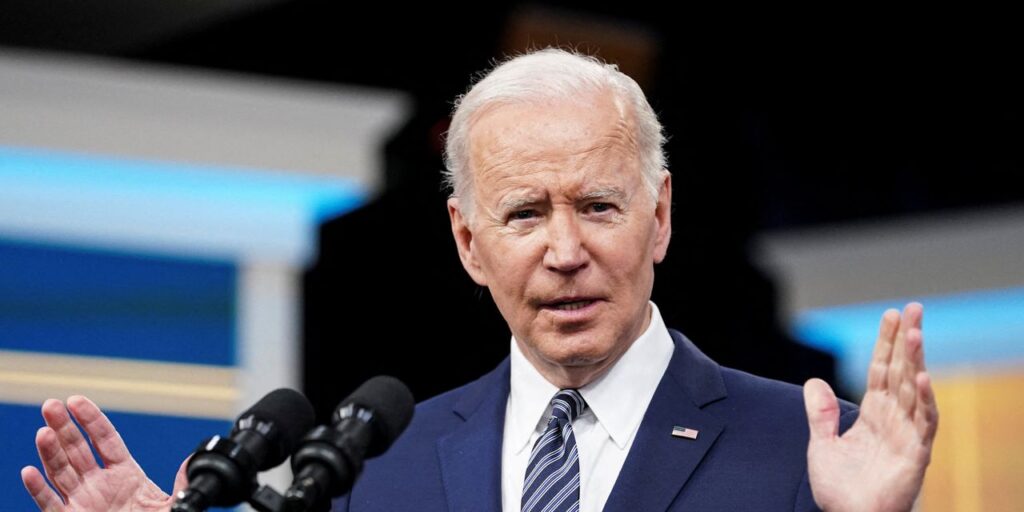This week on Business Africa: Gabon enters a new political era with a focus on economic diversification priorities, featuring Mr. Jean Gaspard Ntoutoume Ayi, spokesperson for President Oligui. In Uganda, the invasion of imported products threatens local agriculture. Finally, the drop in oil prices shakes the African economies dependent on black gold. Gabon: Challenges and Ambitions under the Presidency of Brice Oligui Nguema Gabon is embarking on a major political transition with the election of General Brice Oligui Nguema, marking the end of over 50 years of the Bongo family’s rule. This new era generates strong expectations, particularly regarding governance, job creation, and economic diversification.
Currently, Gabon remains heavily dependent on oil, a sector that represents about 38% of GDP and more than 70% of exports. Mr. Jean Gaspard Ntoutoume Ayi, spokesperson for President Oligui, explains the government’s priorities for the coming years.
Transition Priorities: Laying Strong Foundations for the Future According to Mr. Ntoutoume Ayi, the first years of the transition will be crucial for laying the groundwork for economic development and ensuring the country’s stability. “The first two years should be devoted to establishing a solid legal framework and a reliable state infrastructure. This will reassure investors and create a business-friendly environment,” he states. He adds that it will take five years to see tangible results from these reforms. “In the first 24 months, we must eliminate recurring problems such as the energy crisis and water stress. A transparent and secure business climate must be established,” he says.
Economic Diversification: Agriculture as a Key Sector for the Future Gabon’s dependence on oil is a major challenge. Mr. Ntoutoume Ayi indicates that the government is focusing on several sectors to initiate diversification. “A flagship project of the government is the Bilinga iron mine. For the exploitation of this mine, more than 600 kilometers of railways, a deep-water port, and hydroelectric dams will need to be constructed. This project could generate more than 20,000 jobs,” explains the spokesperson. Agriculture, with its untapped potential, is also one of the president’s priorities. “Gabon has a low population density with only five inhabitants per square kilometer. There is a great opportunity to develop agriculture and encourage young people to settle in this sector,” adds Mr. Ntoutoume Ayi. The development of local processing of raw materials such as wood, iron, and manganese is also seen as a key lever to diversify the economy.
Gabon’s Role in Regional Cooperation Gabon also plays a strategic role in regional cooperation, particularly within the ECCAS (Economic Community of Central African States). Mr. Ntoutoume Ayi recalls that “CEMAC, within ECCAS, is an economic zone that is already functioning very well. Now, we need to expand this dynamic, first facilitating the free movement of people before that of goods.” He believes that Gabon, with its natural resources and strategic geographical position, can benefit from the AFCFTA (African Continental Free Trade Area), an initiative that includes economically strong countries such as Angola and the Democratic Republic of Congo.
Youth Employment: A Major Challenge for the Transition Youth unemployment is a major issue in Gabon, with an unemployment rate estimated at 30%. Mr. Ntoutoume Ayi insists that the state alone cannot solve this problem. “The state apparatus will not be able to absorb all the young people looking for a job. It is the private sector that will need to play a central role in job creation,” he explains.
For him, the alignment between training and market needs is essential. “It is not only about addressing the mismatch between training and market needs, but also about training young people for specific trades. For example, during the transition, it was necessary to train machinery operators in a few months to meet the needs of the construction sector,” he adds.
Concrete Actions Expected For Mr. Ntoutoume Ayi, the political transition initiated by the election of Brice Oligui Nguema must not be limited to promises, but must translate into concrete actions. “Gabon has many advantages: relative stability, abundant natural resources, and a strategic geographical location. The time has now come to turn these promises into reality and implement deep reforms to modernize the economy and create job opportunities,” he concludes.
Gabon stands at a crucial turning point. Managing its dependence on oil, diversifying its economy, and fighting unemployment will be major challenges for President Oligui Nguema. With ambitious projects in mining and agriculture and governance reforms, the country could embark on a true economic transformation. But according to Mr. Ntoutoume Ayi, it is essential that these reforms are accompanied by concrete, quick, and effective actions.
Uganda: Farmers Strangled by Imported Products In Kampala, the stalls of Nakasero market tell a silent story: Ugandan products are being replaced by cheaper and more consistent Kenyan and Tanzanian imports.
For Benon Kisomose, a farmer, the competition is unfair: “In Kenya, farmers receive subsidies and can buy fertilizers and equipment on credit.”
Food imports have surged by 18% in one year, surpassing the billion-dollar mark. But for local farmers, the toughest challenge comes after the harvest: without roads or cold storage facilities, a significant portion of the produce is lost.
“The problem is the lack of local support, not the imports,” says Agnes Kirabo from the Uganda Food Rights Alliance.
Despite calls to limit imports, President Yoweri Museveni defends the status quo: “Forcing Ugandans to buy more expensive local rice would be punishing them.”
A report by Michael Baleke.
Oil Crisis: Oil-Producing Countries Suffering from Their Energy Model A new storm is shaking global markets: in April 2025, the price of crude oil dropped by more than 20%, reaching its lowest level in four years. The causes include ongoing trade tensions, exacerbated by Trump administration tariff policies, along with a series of successive economic shocks.
Brent oil has fallen below the critical threshold of $70, threatening the budget balance of several African oil-producing countries.
In Nigeria, the continent’s largest oil producer, the impact is immediate: the budget deficit widens, slowing infrastructure projects and social programs. In Angola, the government is urgently revising its budget, freezing some development projects. Meanwhile, Gabon sees its oil revenues shrink, slowing public investments and forcing a reevaluation of economic priorities.
In the face of this crisis, calls for diversification are intensifying. Agriculture, technology, and renewable energy: several governments are seeking to build more resilient economies. However, breaking free from oil dependency remains a colossal challenge, as this resource remains central to national budgets.
In the short term, the challenge is to mitigate the social and political shock. In the longer term, this crisis could be the necessary wake-up call to accelerate economic transitions.
Journalist name • Ndea Yoka
http://www.africanews.com/2025/04/17/oligui-nguema-a-breakthrough-or-continuity-for-gabon-business-africa/
![Oligui Nguema: A breakthrough or continuity for Gabon? [Business Africa]](https://ebtl.eu/wp-content/uploads/2025/04/3955-oligui-nguema-a-breakthrough-or-continuity-for-gabon-business-africa.jpg)



